PyData Dublin #6 at Google
After a wee interval over the summer months, the 6th PyData Dublin meetup took place on Thursday evening, 30th August 2018, and was hosted by none other than Google. Once guests arrived at Google’s Grand Mill Quay Offices, they were escorted up to the wonderful Ocean’s Eleven floor where they were greeted by bird’s-eye views of Dublin and a delicious assortment of food and drinks. A perfect setting for pre-meetup networking.



At 18:50, Diarmuid kicked off the event by welcoming guests to Google which was followed by a brief PyData introduction from Siobhán.
Note: Unfortunately, we did not capture any video recordings of the talks for this event as permission was not granted by our hosts.
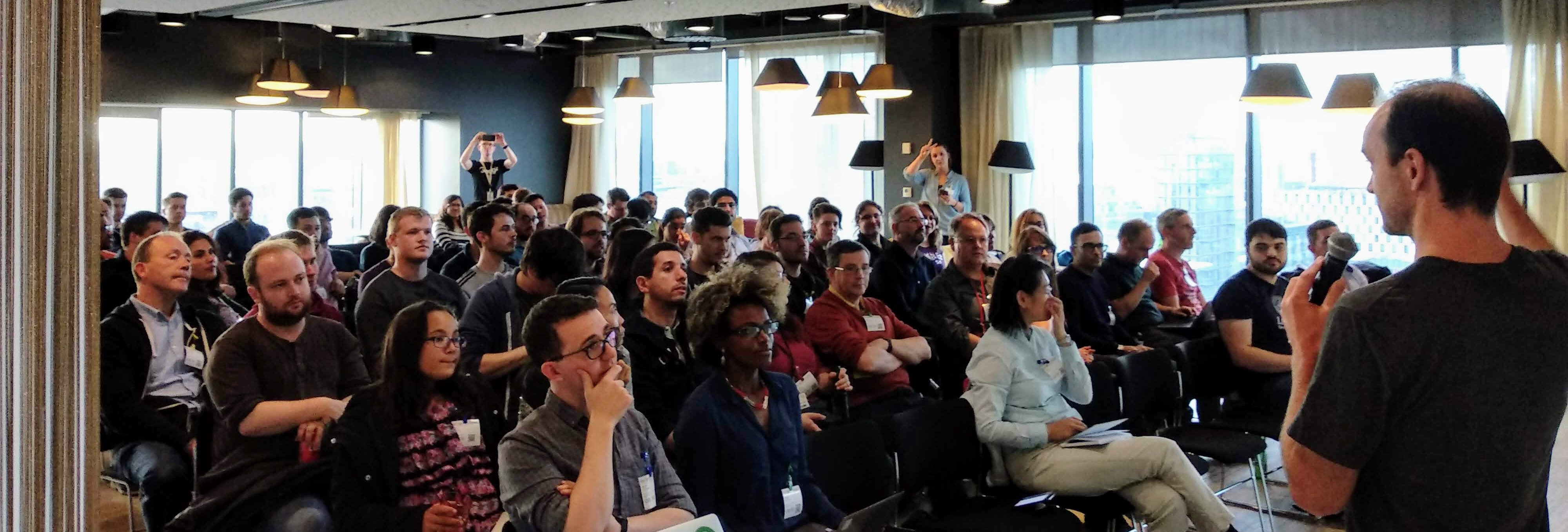
Ethics and Data Science: Where to start?
Abeba Birhane and Siobhán Grayson // Slides
The aim of this talk is raise awareness and introduce members to ethical thinking in the context of data science. Are data and automated systems really neutral? If not, how can we move towards thinking ethically and incorporating ethical approaches into our work? What issues require further thought and discussion?
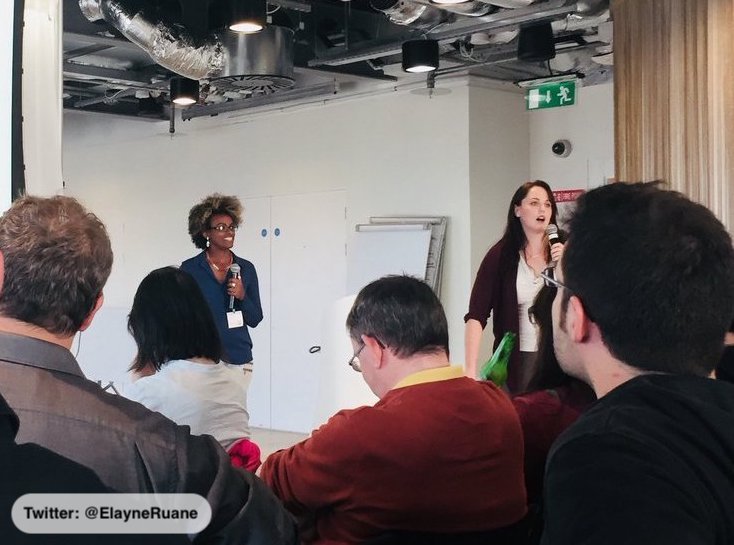
Abeba Birhane, who currently teaches an Ethics for Data Science course for third year computer scientists at UCD, began the talk by addressing the common misconceptions that many people have regarding the neutrality of automated systems and data. Our members were then posed two questions to be discussed with their neighbours for two minutes each. They were then asked to submit their responses via post-its provided on the night. The two questions and general results are as follows:
- Should data scientists be held to the same standard as physicians?
Overall, it was a resounding “yes” from our participants. For more discussion on this point, check out this Twitter thread. - Who bears responsibility when a system is biased/unfair or used by third parties for malicious purposes? The individual who developed it? The organization? The third parties?
This was a little more divided and admittedly, but the majority of our members though agreed that it was x who should bear the majority of the responsibility.
Finally, Siobhán Grayson concluded the talk by highlighting the resources available for anyone interested in delving deeper into current discussions regarding ethical data science. In particular, check out the following:
- Resources - On Automated Systems and Bias by Abeba Birhane
- Ethical Machine Learning by Katharine Jarmul
- Algorithmic Justice League by Joy Buolamwini
- Auditing Algorithms
- Calling Bullshit
- fast.ai
- FAT/ML
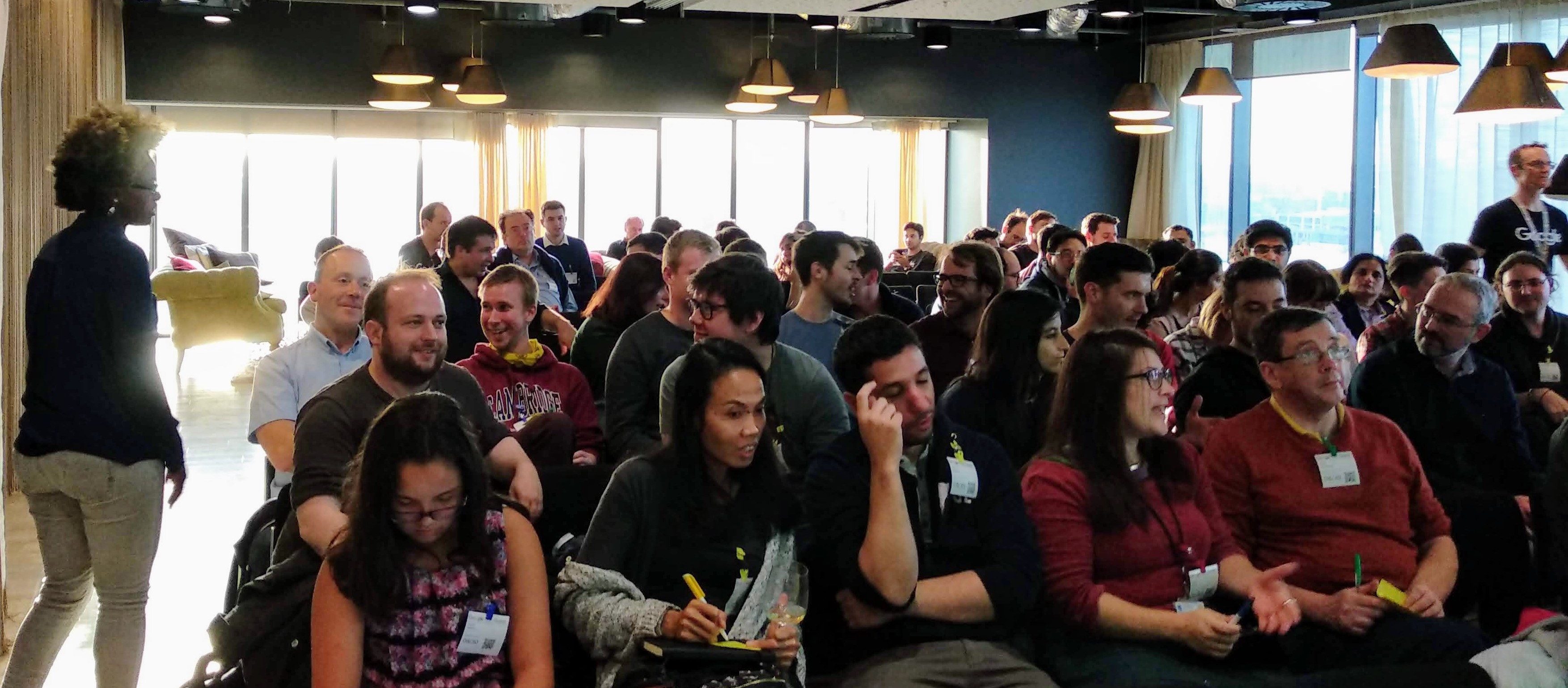
Learn to curse with Python
Antonio Bevilacqua // Live Coding - So no slides
Every programming language has its caveats, traps, tricks, and nonsenses - its wats. While simple and consistent, Python is not out of the game, albeit most of its edge behaviors are not apparent, as they are caused by underlying code optimization. In this talk, I’m going to show some of the most common Python gotchas, referring to the CPython implementation version 3.5, showing how they can lead unaware or inexperienced programmers to catastrophic and unexpected results. There will be space, of course, for simple Easter eggs left around by humorous contributors!
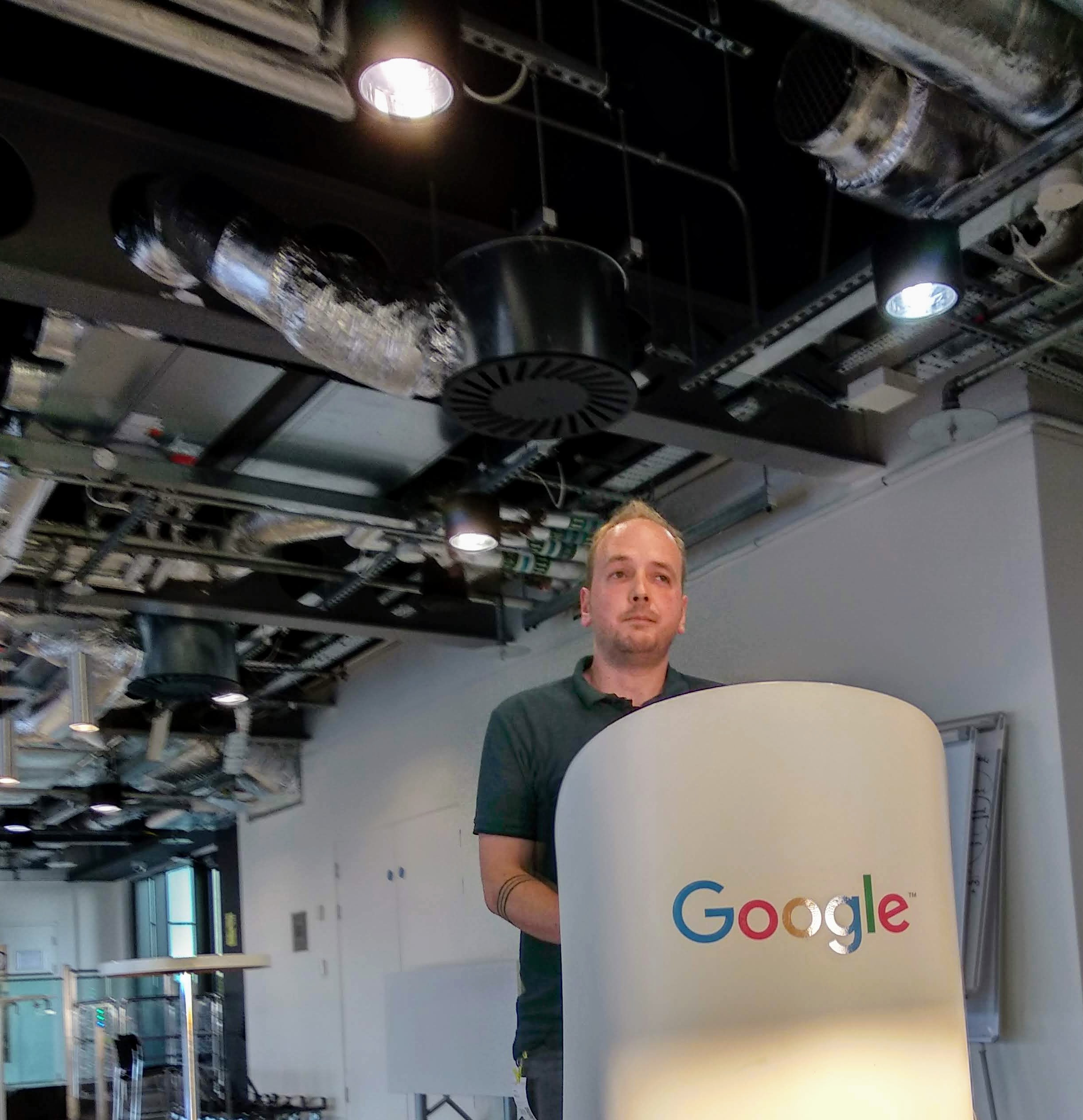
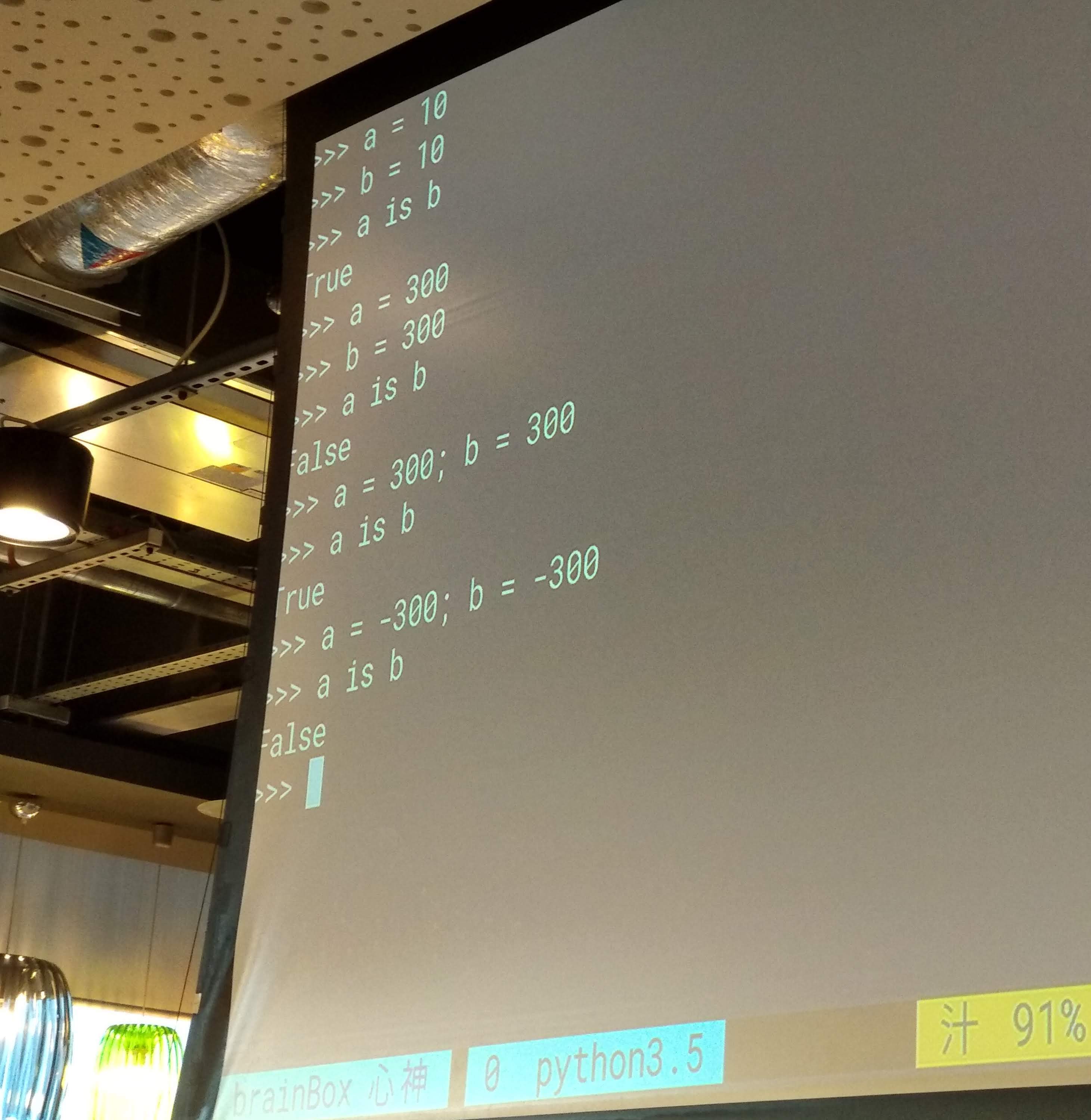
Described as “a seriously hilarious presentation” (aye, we pay attention to our Twitter community), Antonio Bevilacqua awed the audience with 20 minutes of live coding “demonstrating some fishy behaviors in Python”. Indeed, it would seem not all integers are created equal (See Figure above). This was an eloquent and humorous whirlwind tour of the numerous ways in which Python can catch us off-guard based on a popular lightning talk called ‘Wat’ by Gary Bernhardt which can be found here. Alas, our hope is to one day get a video recording of Antonio’s Python ‘Wat’ so that we may finally share it with y’all in all it’s glory.
Functional Programming for Data Science
Neal Ó Riain // Slides and Code
Python is a versatile language and it supports a wide variety of programming paradigms. At its heart it’s object-oriented, but in this talk I want to discuss how you can use Python to write clean, efficient, and modular functional code. I’ll begin by giving a little background on what functional programming is and why you might use it. I’ll talk through some of the simple primitives of functional programming, and I’ll give some useful examples of functional code for data analysis. The aim is to give a practical and pragmatic introduction to these ideas, covering some of the strengths and weaknesses of Python as a functional language.
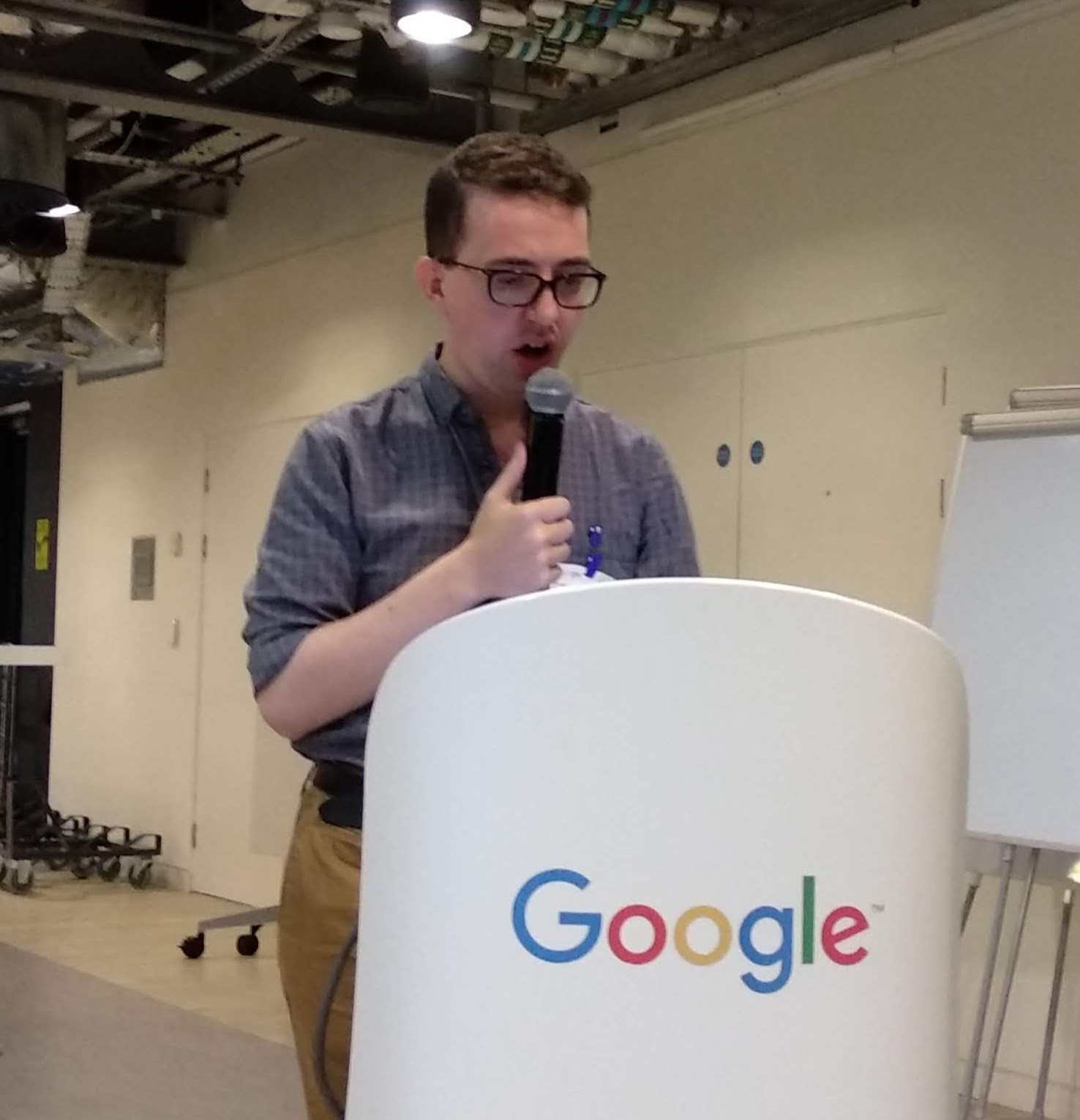
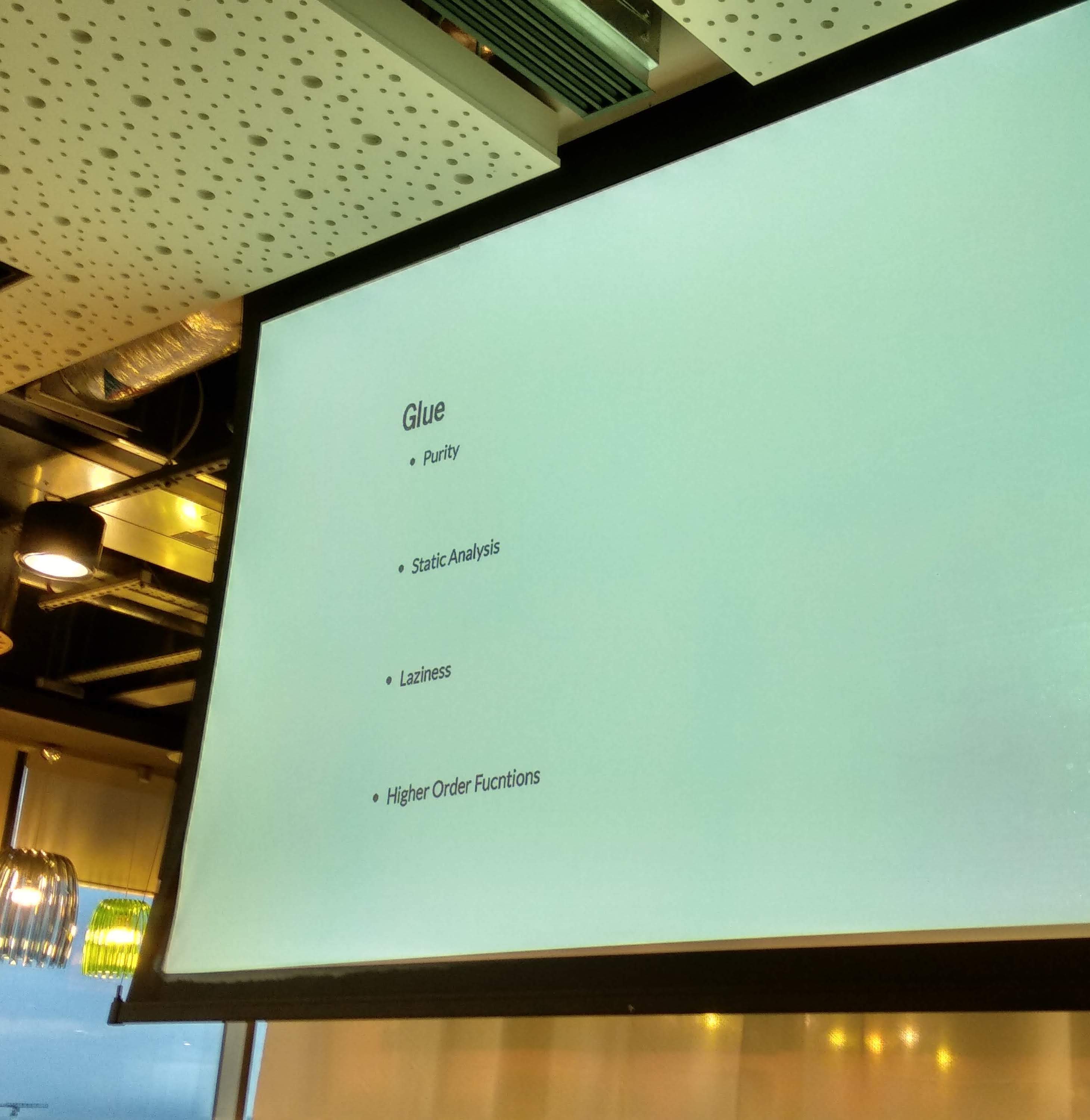
Neal Ó Riain presented the third talk of the evening, where he discussed how to write modular functional code using Python as well as some of the strengths and weaknesses of Python as a functional language. Definitely check out the slides and code which contain detailed examples. Finally, a shout-out to the Python package Toolz, “A set of utility functions for iterators, functions, and dictionaries”, which Neal stated that if you’re not using it already you should be! And talk about Curry.
Google - Venue, Food, and Drinks
A massive thanks again to Google who provided the amazing venue, food, and drinks for the night! They’re currently recruiting for the following roles:
Advanced Analytics roles:
Data analyst Role:
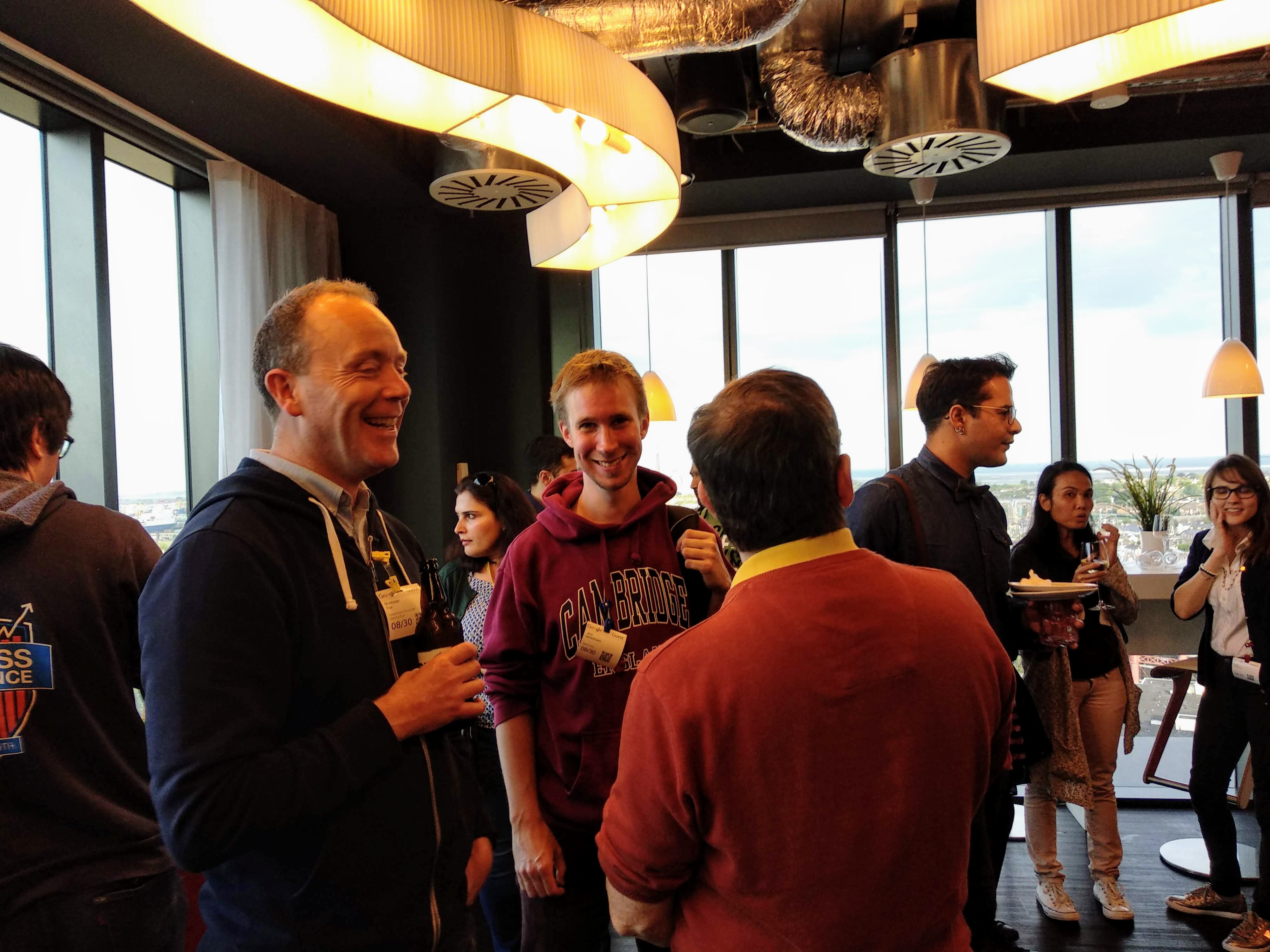
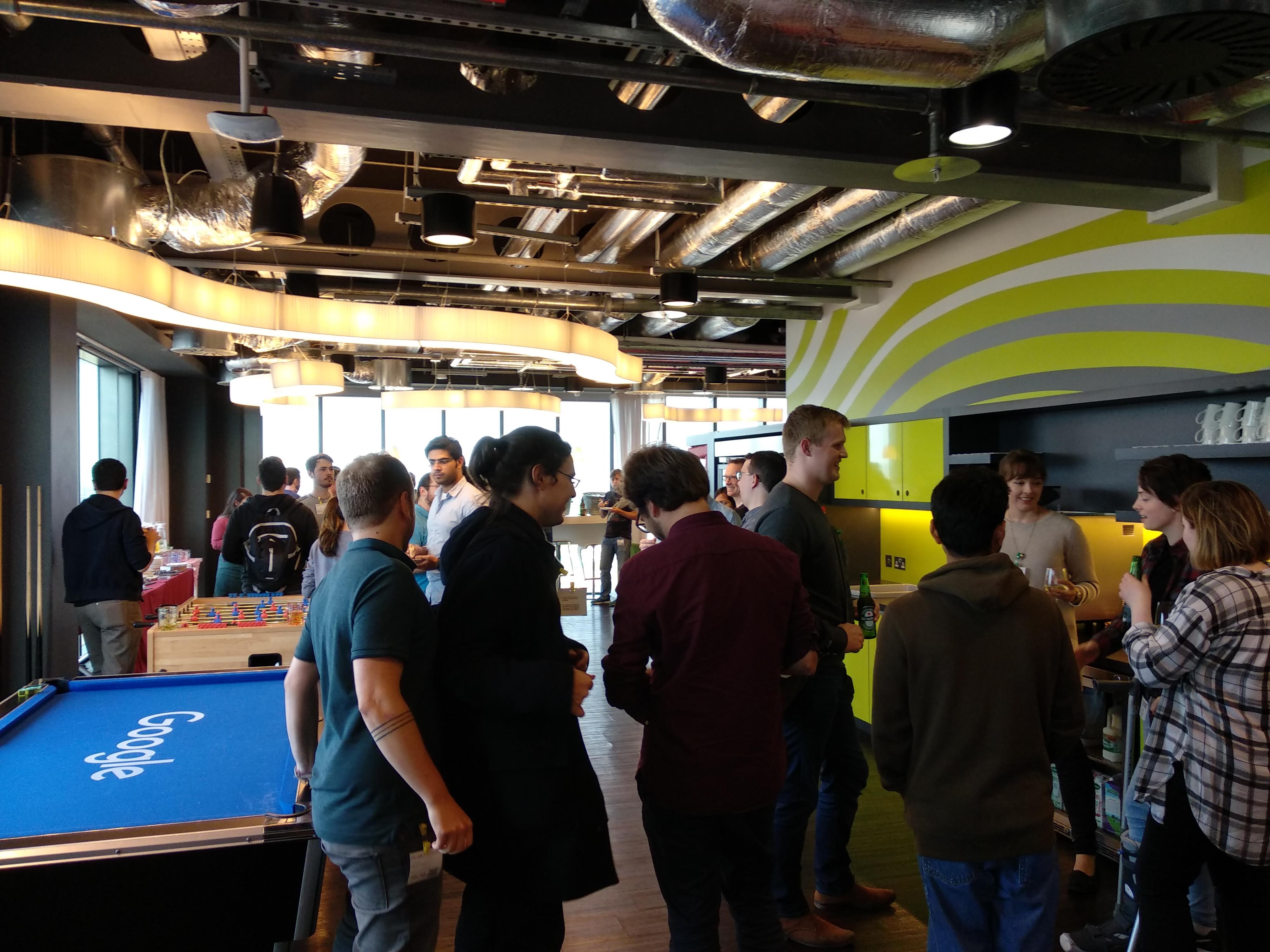
Want to Present or Host an Event?
Finally, if you’d like to present a talk or become a host for one of our events, please feel free to contact us through one of our many public forums (Twitter being the most active) or via email at:
![]()
We’re interested in a range of different talk types:
- 5 minute lightning talks, from describing a library you’ve found useful, to things you wish you’d known when you first started, or even the top 5 packages that you couldn’t live without.
- 15-20 minute talk with questions. Perhaps you’ve recently written a blog, project, or paper that relates to data analysis, management, processing, or visualization. Let us know and we can help you share it with the larger PyData community.
- 40 minute tutorial with questions, not only would you like to share your work but you’re interested in teaching/providing examples of the implementation behind it to.
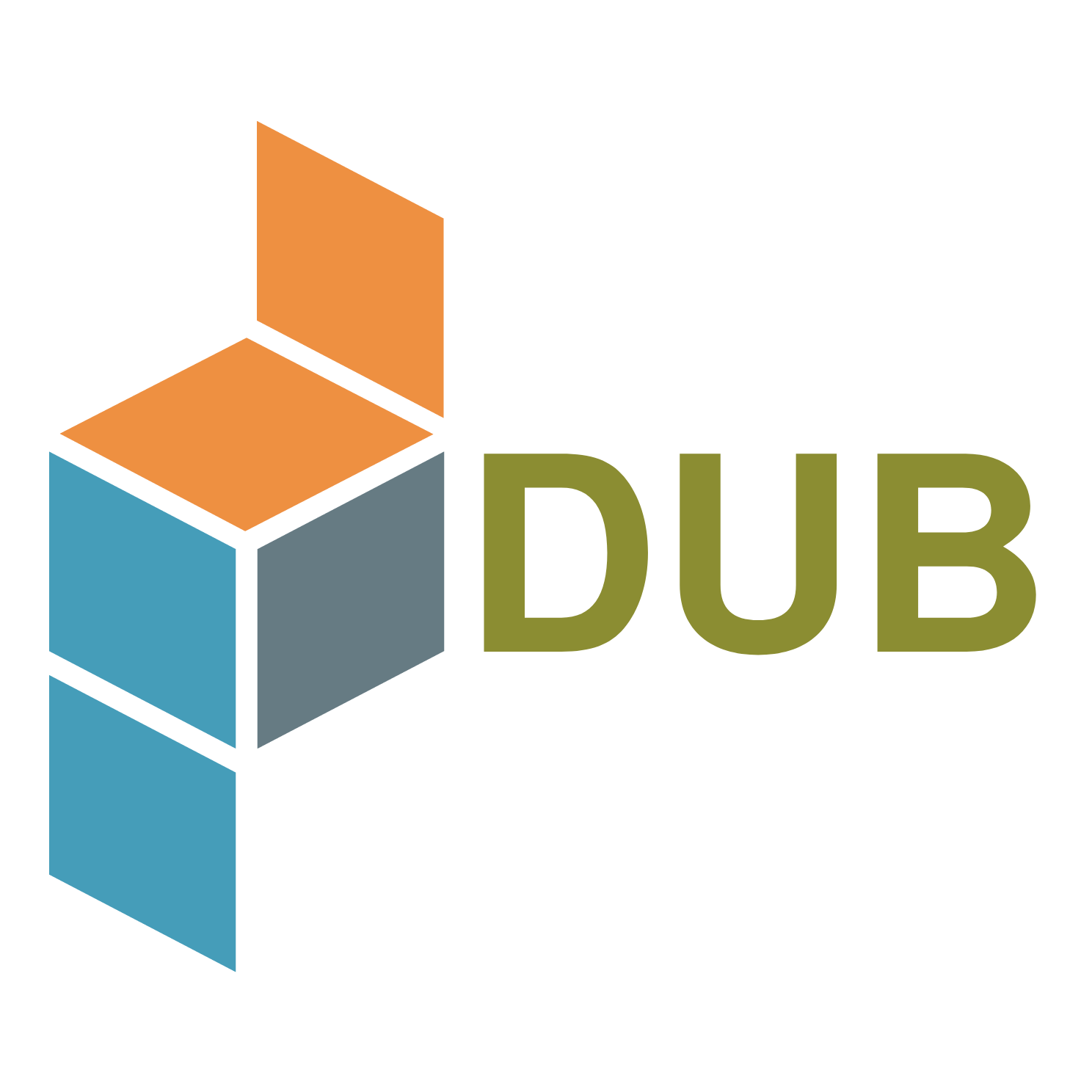
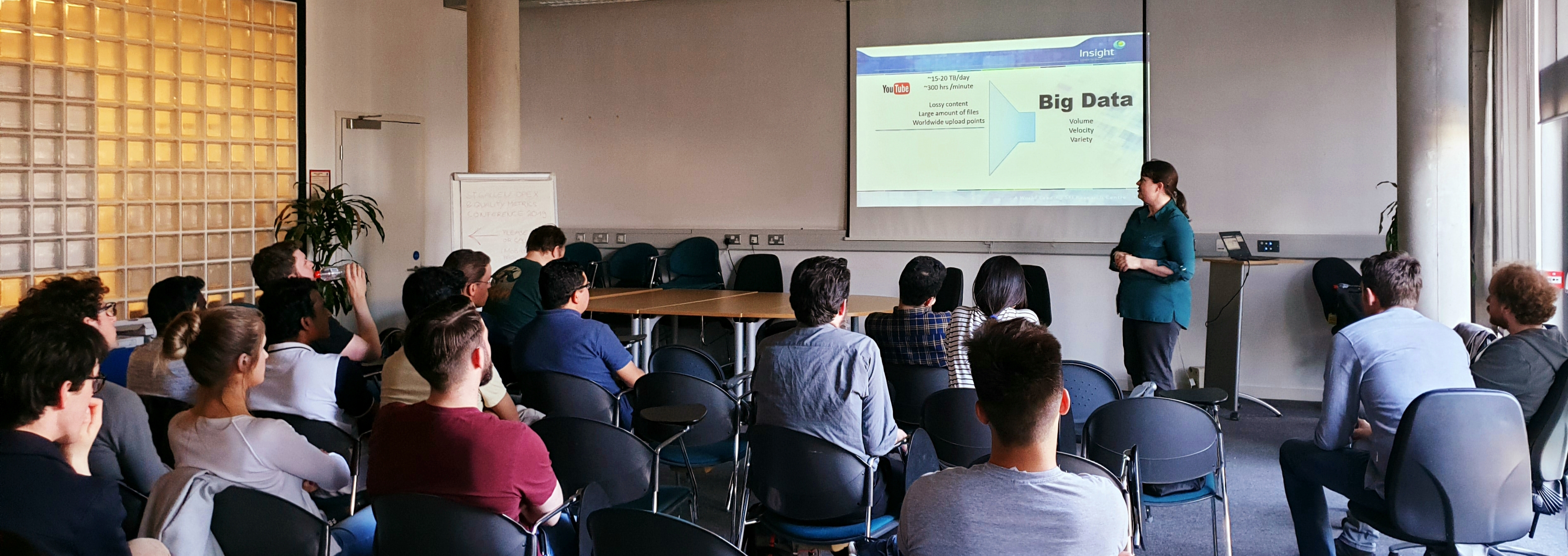

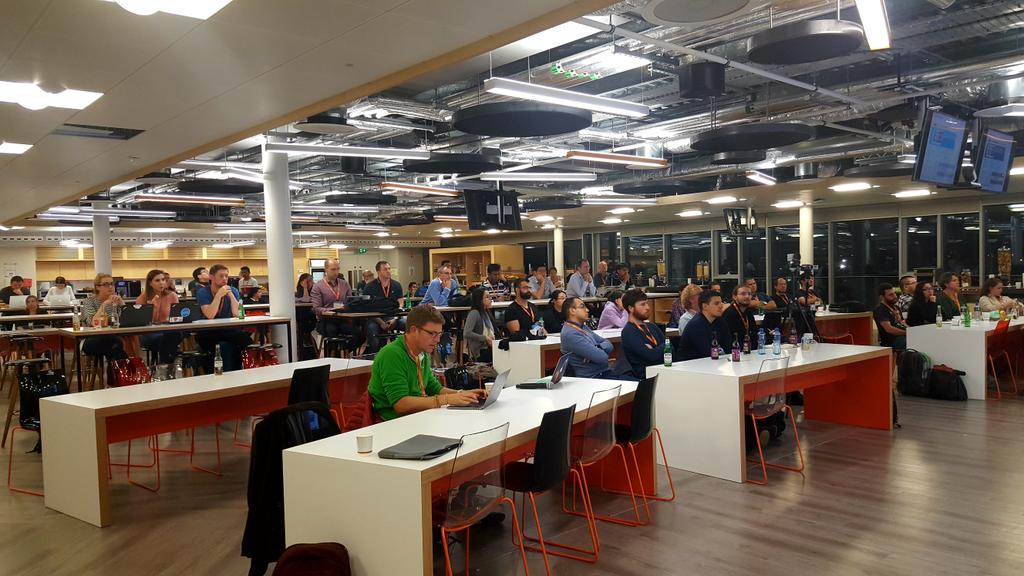
Leave a Comment